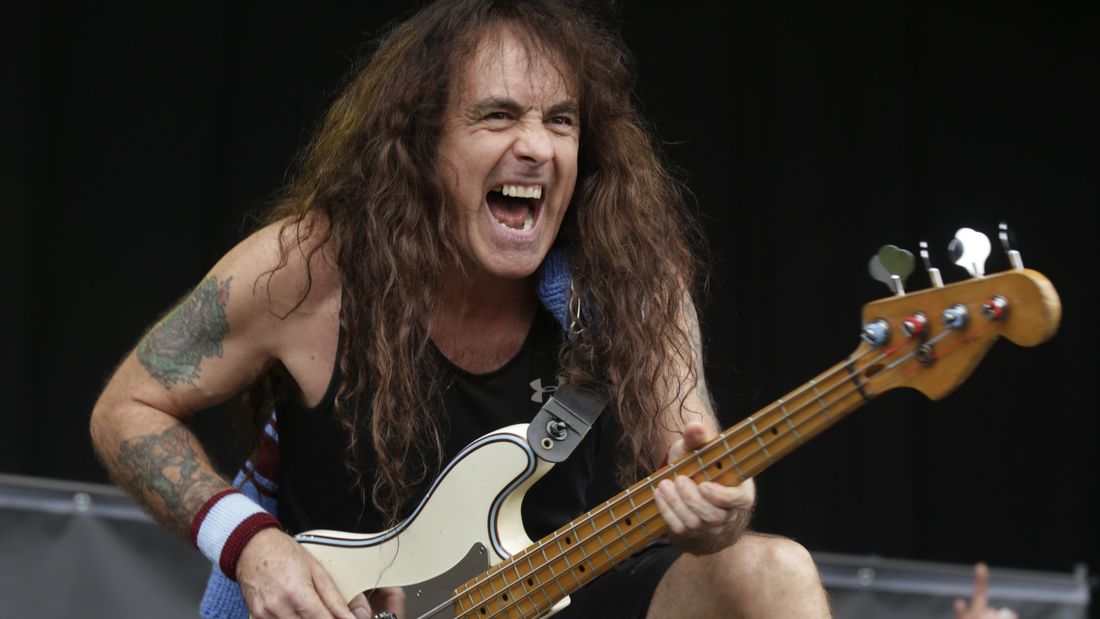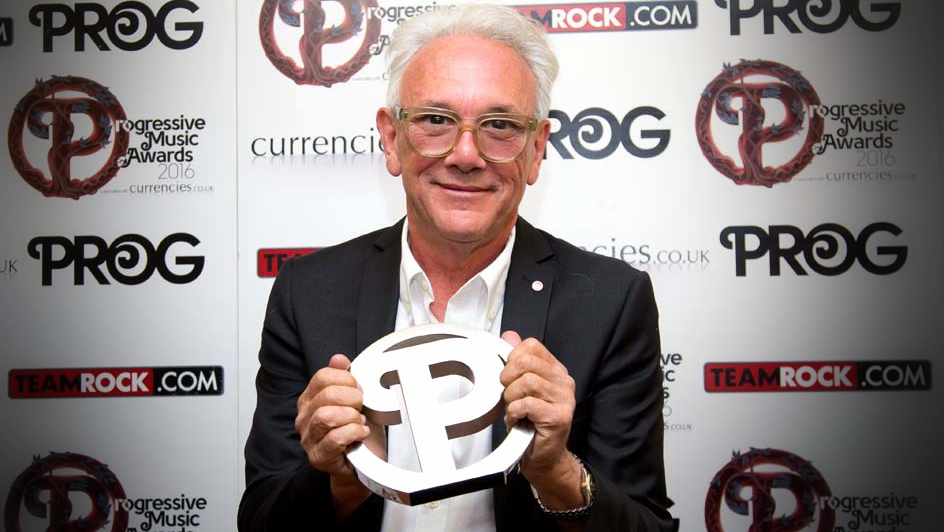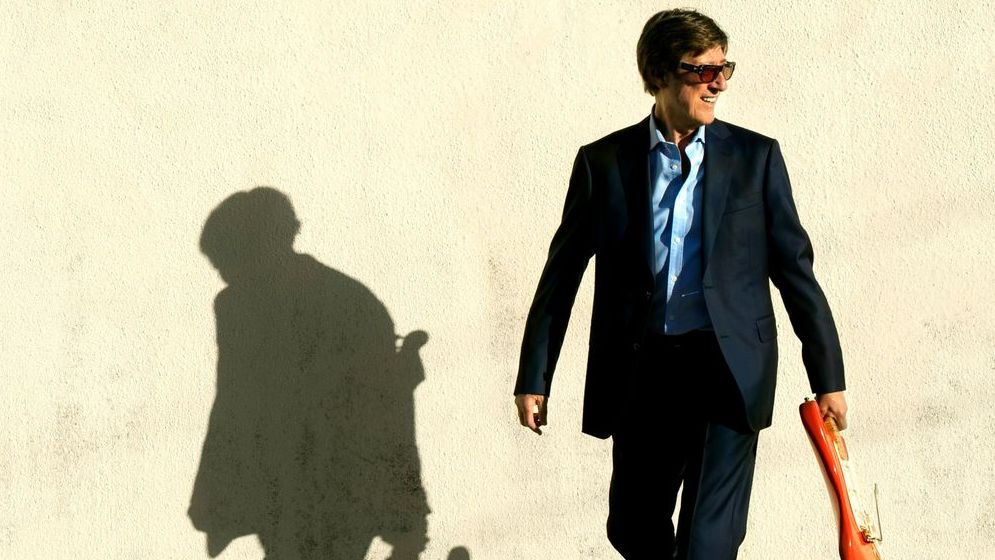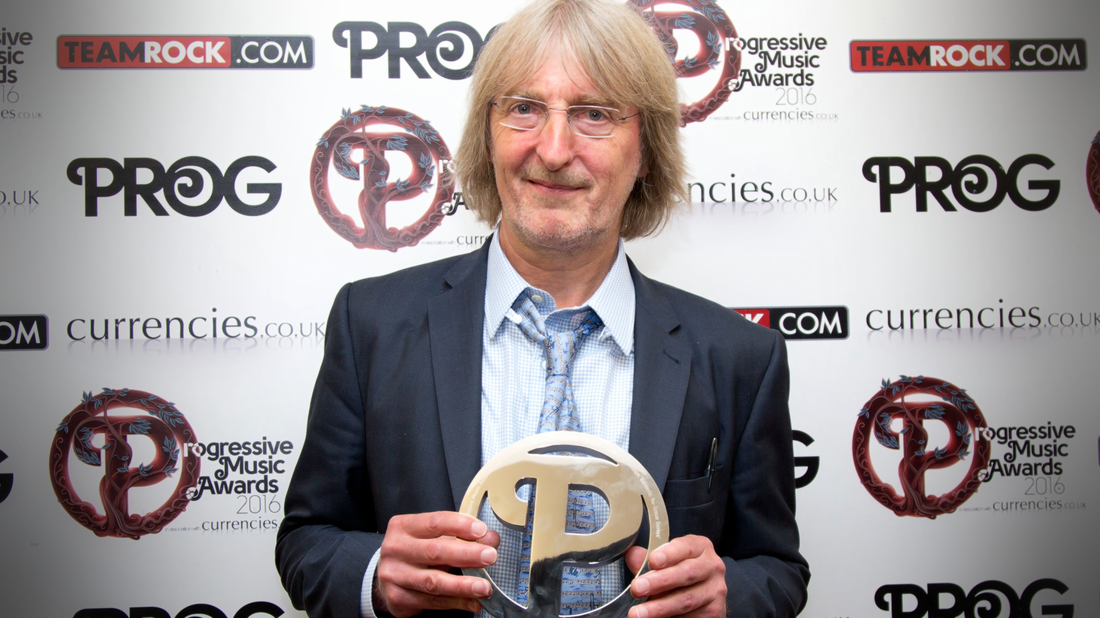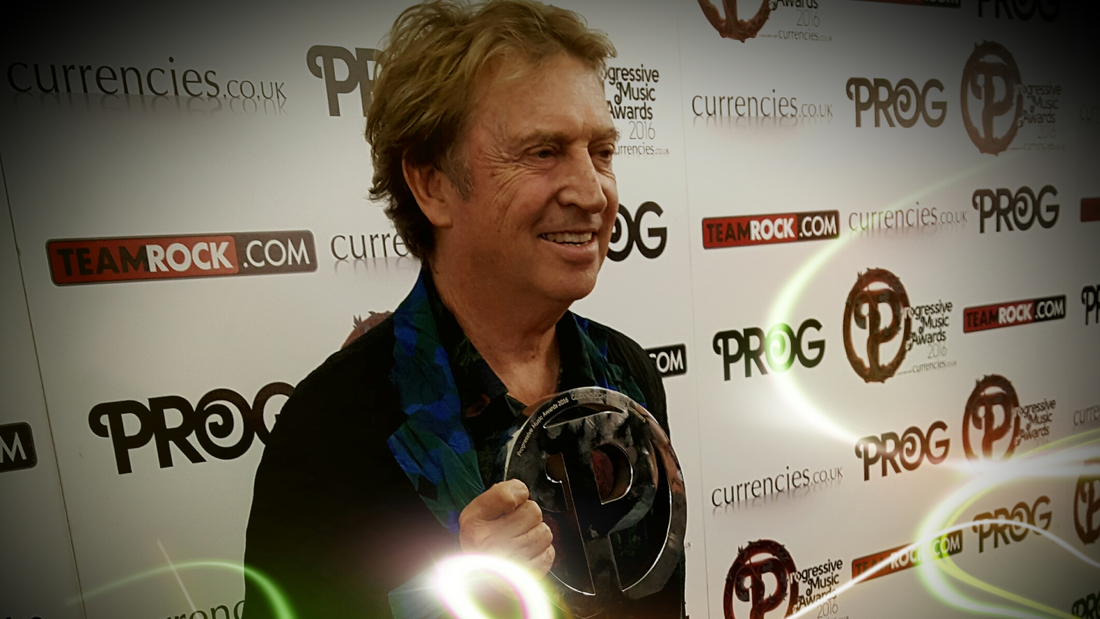That's why they typically explore lots of different, more creative avenues to make money from their creations. Here's how artists actually make their money in the age of low-revenue streaming.
Many artists make a substantial amount of their income via this route, especially older, more established ones such as Pink Floyd or Bruce Springsteen. For smaller artists, it can also be their ticket to the big time, especially if their music is played on a prime-time piece of television. In addition, artists will receive those royalties every single time the TV episode or film re-airs, ensuring a healthy revenue stream that far outstrips income from streaming in many cases.
Although many might struggle to believe that radio is still relevant, huge numbers of artists rely on radio airtime to boost their income. This is because artists receive much larger cuts than they do if their song is streaming on Spotify. Within the streaming business, the huge number of middlemen involved means that there is too much "leakage" as industry insider call it - a term used when too many people take a cut before the artist receives their paycheque. Radio is one way to reduce this leakage.
Merchandising & Licensing
Other examples in the world of gaming include titles such as Brutal Legend, a cult-classic video game that heavily features rock and metal music throughout, going as far as to feature Ozzy Osbourne as a character. Ozzy himself is no stranger to finding royalties in other mediums, having recently branched out into the world of iGaming to feature in an online slot game made by developer NetEnt. It's clear to see that iGaming presents a great opportunity for a variety of entertainment mediums to capitalise on their IPs, with TV shows and films such as Game of Thrones and Bridesmaids joining the roster of themed slot games. Again, any music that appears on these slots generates royalties for the artists behind them.
Merchandising is also a big moneymaker for artists of all stripes. The BBC reports that merch only makes up 3.1% of music industry revenues, artists get a massive cut ranging from 25-50% for sales. That means a t-shirt that sells for $30 could put $15 into the pocket of the artist. If a musician sells 1000 t-shirts at a concert, that adds up fast.
Live Performances
Tickets for Ed Sheeran's latest tour sold out in about 2 minutes, despite a standard ticket costing around $90. Since artists typically see much more of the money from ticket sales than from streaming, shows have once again become the main way that they actually generate income in many cases.
The rise of festival culture in recent years, from smaller events like the Ramblin' Man Fair to mega-events like Glastonbury and Coachella that charge more and more each year for a ticket, has also helped to line the pockets of both A-list and up-and-coming performers.
Despite the impact of streaming, it's clear that artists have adapted and are able to continue making money. The key difference is that, rather than making millions overnight from album sales, the money is made over a longer period of time.


